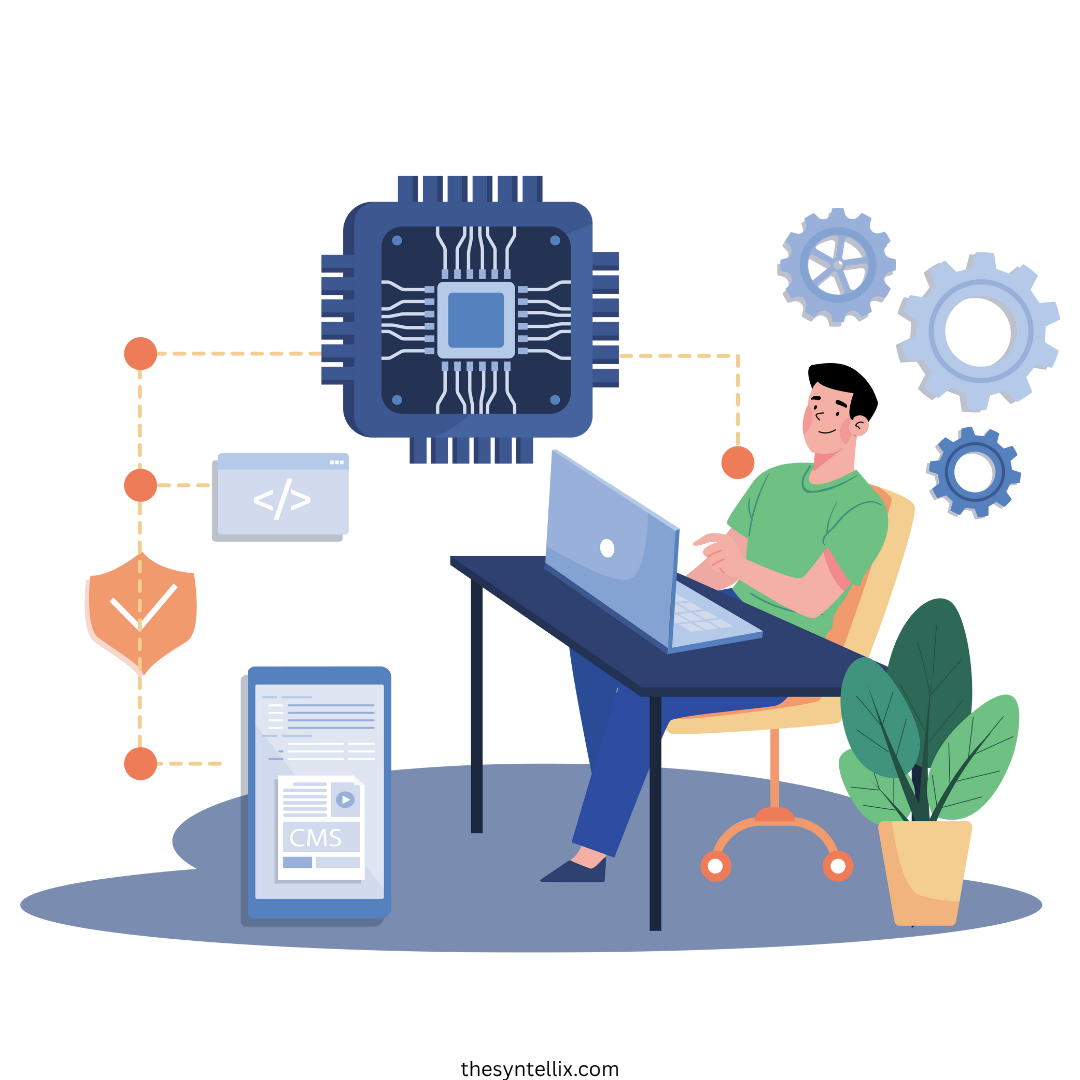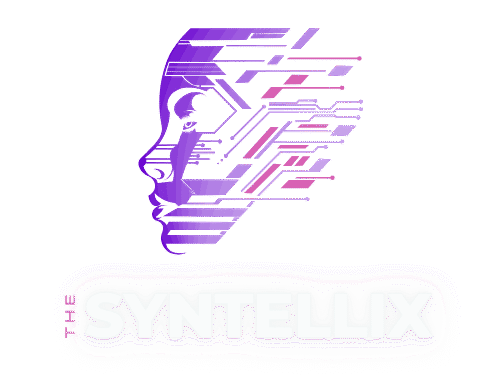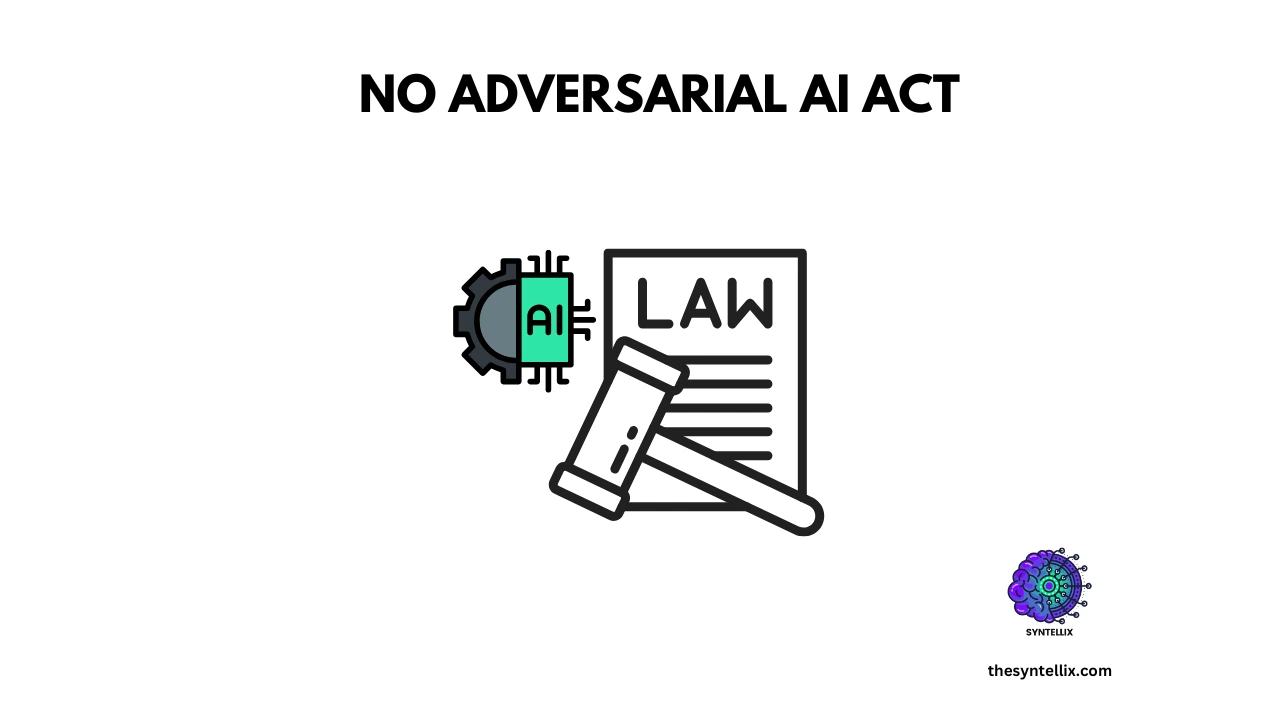When I first heard the name “No Adversarial AI Act,” I thought of it as a broad rule about not having AI that is ‘adversarial’ in the sense of being a legal opponent.
However, the bill that has been proposed by U.S. lawmakers uses “adversarial” in a very specific, technical, and national security-focused way.
This proposed act aims to address a specific national security concern: the use of AI systems from foreign adversaries in U.S. federal agencies.
Essentially, the bill would prohibit U.S. government agencies from acquiring or using AI models developed by countries considered to be foreign adversaries, such as China, Russia, Iran, and North Korea.
The intent is to create a clear “firewall” to protect U.S. government systems and data from being compromised or exploited by foreign powers.

I’ve seen the proposed legislation requires the Federal Acquisition Security Council to create a list of these AI technologies and update it regularly.
The bill does, however, provide exceptions for activities like research, testing, or national security functions, provided there is written notice to Congress.
So, it’s not a blanket ban, but a very deliberate and strategic move to safeguard sensitive government operations.
What is “Adversarial AI”?
The term “adversarial AI” is a technical concept in the field of cybersecurity and machine learning, and it’s completely different from the legal use of “adversarial” in the bill’s name.
In a nutshell, adversarial AI refers to the intentional manipulation of AI systems to make them behave in unexpected or malicious ways. An “adversary” in this context is a cybercriminal or other malicious actor, not a country.
These attacks can be incredibly subtle, often involving minor, almost imperceptible changes to data that cause the AI model to make a major mistake.
Think of it like this: A malicious actor could take a picture of a stop sign, and then make a few tiny, unnoticeable changes to the pixels.
To a human, it still looks exactly like a stop sign. But when a self-driving car’s AI system sees it, those tiny changes might cause it to misidentify the sign as a “yield” sign or a “speed limit” sign, which could have dangerous consequences.

There are different kinds of adversarial attacks, but they generally fall into two categories:
-
Evasion attacks: These happen when an AI is already in use. Attackers craft inputs (like the tampered stop sign) to trick the model into giving a wrong output.
-
Poisoning attacks: These are even more insidious because they happen during the training phase. An attacker injects malicious or incorrect data into the AI’s training dataset, effectively “poisoning” the model so it learns to make bad decisions from the start.
The world of AI is moving incredibly fast, and as with any powerful technology, we’re seeing both amazing innovations and new risks. The proposed “No Adversarial AI Act” and the broader concept of adversarial AI in cybersecurity are both pieces of this new and ever-changing landscape.
You can learn more about adversarial AI and how it works by watching this video.
People also ask
What is adversarial in AI?
Adversarial in AI refers to techniques or attacks that intentionally manipulate input data to deceive an AI system. For example, slightly altering an image so that a model misclassifies it—even though the changes are invisible to humans. These attacks expose vulnerabilities in machine learning models and are often used in security testing, AI research, or malicious attempts to fool AI systems.
What is prohibited AI under the AI Act?
Under the EU AI Act, “prohibited AI” refers to AI systems that are deemed to pose unacceptable risks to fundamental rights or safety. Examples include social scoring by governments, real-time biometric surveillance in public spaces (with limited exceptions), manipulative AI that exploits vulnerabilities (e.g., targeting children or disabled individuals), and systems that use subliminal techniques to distort behavior. These systems are banned entirely in the EU.
What is the AI Act 42001?
“AI Act 42001” refers to the formal document code for the European Union Artificial Intelligence Act (EU AI Act). It’s the world’s first major regulatory framework for AI, passed in 2024 and officially designated as Regulation (EU) 2024/4200.1. It classifies AI systems based on risk levels (unacceptable, high, limited, or minimal) and imposes obligations accordingly—especially on high-risk applications like biometric ID, health, and education.
What is the fine for non-compliance with the AI Act?
Fines for non-compliance with the EU AI Act can be substantial. Companies may face penalties of up to €35 million or 7% of their global annual turnover, whichever is higher, for the most serious violations (such as using prohibited AI). Lesser violations (e.g., non-transparent AI use) can still result in fines up to €15 million or 3% of global turnover. The exact penalty depends on the severity and nature of the breach.

Stay ahead of the curve with the latest insights, tips, and trends in AI, technology, and innovation.

